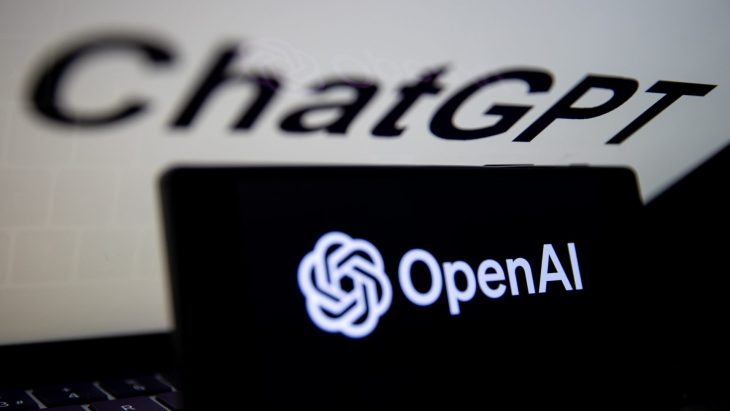
Now that OpenAI’s Memory feature is widely accessible to ChatGPT Plus users, a larger number of users may experience some degree of unease regarding the extent to which the chatbot is “remembering” their preferences.
The capability was initially made available to a limited number of ChatGPT Plus and free customers in February. To avoid the user having to repeat information in subsequent interactions with the chatbot, OpenAI claims that the chatbot was built with the ability to “remember” what was discussed in chats. With a few significant exceptions, it is now more widely accessible.
Users in Korea and Europe cannot access memory. Regulators may very well have extreme concerns about the data that is collected, where it is stored, and how it is possibly used. The following information appears in the description of the Memory feature: “We may use content that you provide to ChatGPT, including memories, to improve our models for everyone.” Europe and Korea were left out, but OpenAI did not explain why.
Among the examples provided were ChatGPT remembering that the user likes headlines on meeting notes, or that the user’s toddler is a jellyfish lover and will recommend a jellyfish with a party hat when making a birthday card.

The company decided to expand the capability after the limited test proved successful. However, ChatGPT will notify users when their “memories” are modified in response to user feedback. When updates happen, it’s also simpler to “forget” anything undesirable and access all of your memories. If necessary, the functionality can also be completely disabled.
Although it stated that ChatGPT Team and Enterprise clients would ultimately have access to the memory feature, the company will not use content from their accounts for training purposes. Additionally, it stated that unless the chatbot is specifically instructed to do so, it will “steer” ChatGPT away from proactively remembering private information, such as health information.
It’s interesting to note that although private memory is intended for GPTs as well, it won’t be disclosed. For instance, ChatGPT will not be able to access the Artful Greeting Card GPT or vice versa if it is aware that a significant other loves kitties.
Discover more from TechBooky
Subscribe to get the latest posts sent to your email.







